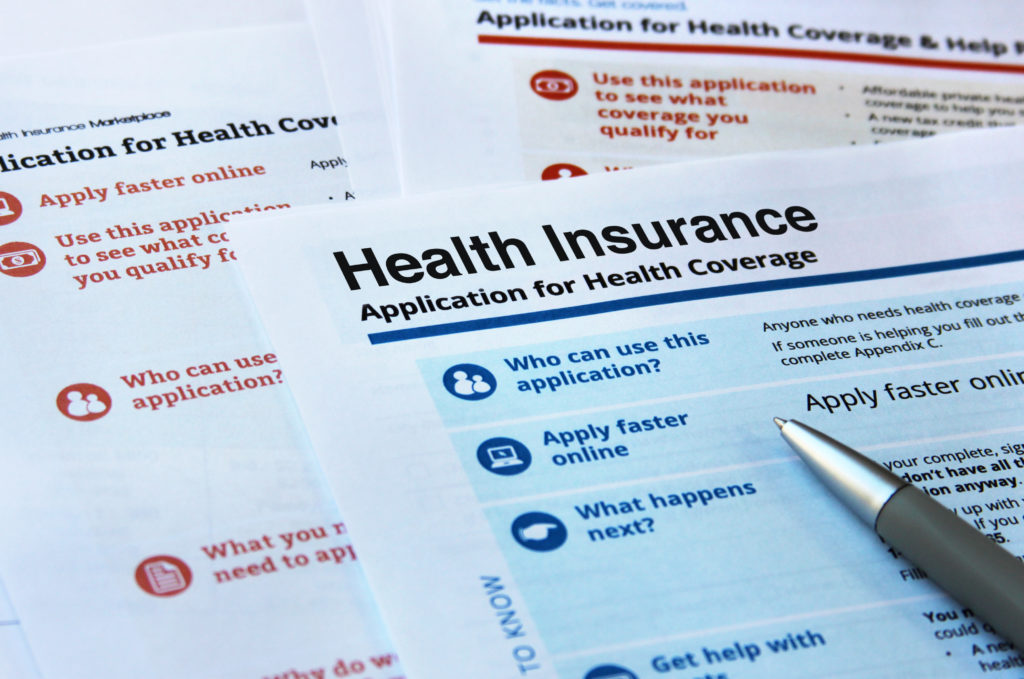Last week, the Supreme Court of the United States heard oral arguments in California v Texas, a lawsuit backed by 18 state attorneys general and the Trump administration, which asks the Supreme Court to completely overturn the Affordable Care Act.
The ACA has been instrumental in expanding coverage for Mainers, and the stakes are extremely high. Here’s what’s at stake if the court strikes down the law:
- Uninsured rates would likely skyrocket. According to some estimates, the number of uninsured Mainers in 2022 could triple if the law is overturned. That would mean an additional 100,000 individuals without any health insurance.
- More than 50,000 Mainers would likely lose financial assistance that helps them pay for insurance. More than 58,000 Mainers had enrolled in plans through Healthcare.gov as of February 2020. Most of those — more than 50,000 Mainers — had received subsidies for their plans. On average, these subsides equaled $546 per month, and totaled $331 million in federal funds for the state this year.
- Almost 65,000 Mainers would likely lose access to expanded Medicaid. The expansion of MaineCare eligibility to adults with low incomes has enabled tens of thousands of Mainers to get treatment. The ACA provided extra funding for states to cover the cost of expansion. In the most recent fiscal year, Maine spent $37 million in state funds, but received $270 million in matching federal funds for the program. These federal funds would be greatly reduced if the ACA were overturned.
- Almost 23,000 Maine seniors would likely face higher drug costs. The ACA closed the so-called “donut hole” in Medicare’s prescription drug coverage, which left many seniors with high out-of-pocket costs. Overturning the ACA would mean reinstate this coverage gap, which included almost 23,000 Mainers in 2018.
- Thousands of Maine millionaires would get a tax cut. The ACA was partly funded through a new surcharge on the highest-earning Americans, who pay relatively little in Medicare payroll taxes. Overturning the ACA would mean an end to this tax, which raised almost $15 million from the richest 10,000 Mainers in 2018. Approximately 1/3 of that amount was raised from Mainers with annual incomes over $1 million.
Experts from across the political and policy spectrum say the case lacks legal merit, but ultimately that’s a decision for the Court. For the tens of thousands of Mainers whose lives have been improved by the Affordable Care Act, the stakes couldn’t be higher.




